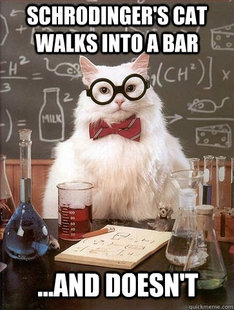nuke
Bluelighter
- Joined
- Nov 7, 2004
- Messages
- 4,191
Anxiolytic- and antidepressant-like profiles of the galanin-3 receptor (Gal3) antagonists SNAP 37889 and SNAP 398299 (2005; a little old I know, but worth mentioning)
Free full text: http://www.pnas.org/content/102/48/17489.full.pdf
SNAP 37889
 , SNAP 398299
, SNAP 398299

Administration of these two compounds (per the oral route) results in acute antidepressant/anxiolytic effects in mice/guinea pigs. Anxiolytic activity for SNAP 37889 begins at 0.3mg/kg is strong at 5mg/kg up to 30mg/kg, comparable to 5mg/kg of the benzodiazepine chlordiazepoxide at the highest dose level. Effective dose in humans if bioavailability via the oral route is good would then scale at a guesstimate to be 1-25mg. References for the synthesis of these molecules is given.
Free full text: http://www.pnas.org/content/102/48/17489.full.pdf
SNAP 37889


Administration of these two compounds (per the oral route) results in acute antidepressant/anxiolytic effects in mice/guinea pigs. Anxiolytic activity for SNAP 37889 begins at 0.3mg/kg is strong at 5mg/kg up to 30mg/kg, comparable to 5mg/kg of the benzodiazepine chlordiazepoxide at the highest dose level. Effective dose in humans if bioavailability via the oral route is good would then scale at a guesstimate to be 1-25mg. References for the synthesis of these molecules is given.


